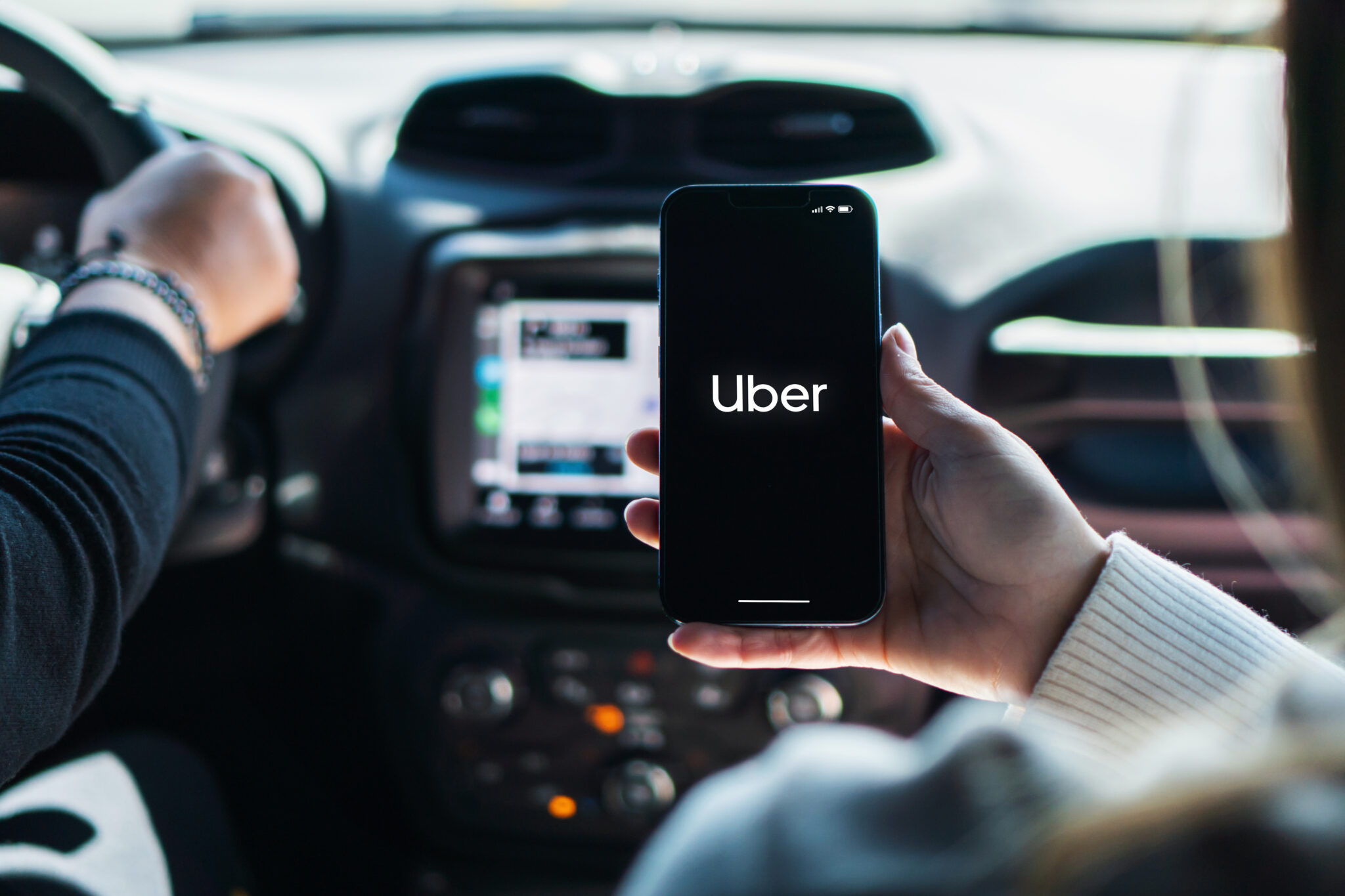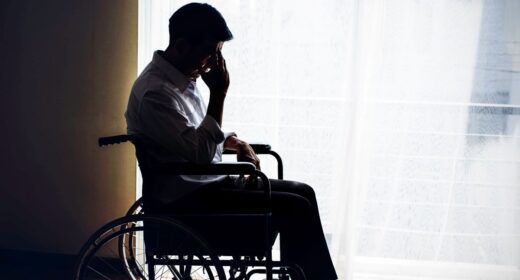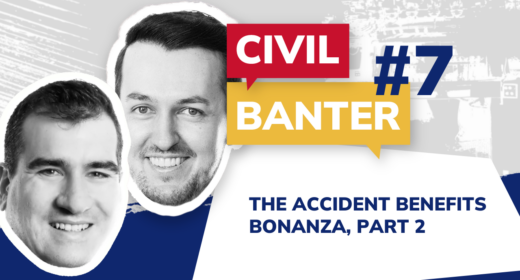Ridesharing services like Uber have become a vital part of daily transportation in Ontario, but what happens if you’re involved in an Uber accident as a passenger?
Navigating the aftermath of an accident can be confusing, especially when multiple parties are involved. Here’s a guide on what to do if your Uber driver gets into a car accident and how to protect your rights.
Ensure Your Safety
Your first priority should always be safety. Assess whether you or anyone else in the vehicle has sustained injuries. Even if you don’t feel hurt, call 911. Some injuries, like whiplash or concussions, may not present symptoms right away, so getting checked by a medical professional is crucial after any car accident.
Call the Police
Whether the accident seems minor or severe, always contact the police. An official accident report is essential for any insurance claim or potential legal action. The police will document the accident scene, gather statements from all parties and witnesses, and potentially issue tickets or charges if necessary. If the police cannot attend, you must report the accident to a Collision Reporting Centre within 24 hours.
Document the Scene
If it’s safe, document as much as you can. Take photos of the vehicles, damage, road conditions, and surroundings. The Uber app can also provide valuable data, such as route details, GPS coordinates, and timestamps—take screenshots and save receipts for future reference. Additionally, ask your Uber driver if they use a dashcam, which could have captured the accident. Collect contact information from your Uber driver, the other driver (if applicable), and any witnesses.
Know Your Legal Rights: Liability and Insurance Coverage
Establishing liability is critical in determining who is responsible for damages and injuries. In an Uber car accident, multiple parties might be liable, including your Uber driver, the other driver involved, or both. If your Uber driver is at fault, you can file claims against the driver and Uber’s insurance. If the other driver is responsible, you may claim against them or both drivers if they share the fault.
Uber’s Insurance Coverage
Unlike regular car accidents, accidents involving rideshare services like Uber involve specialized insurance coverage. In Ontario, Uber drivers must carry Ridesharing Insurance, and Uber provides additional commercial auto insurance through Economical Insurance. This coverage begins when the driver accepts a trip and continues until passengers are dropped off.
While regular drivers in Ontario must have a minimum of $1 million in third-party liability insurance, Uber drivers are covered up to $2 million. This extra coverage can be crucial if you’re seriously injured in an Uber accident, providing more protection for medical bills, lost wages, and long-term injuries.
Seek Legal Advice
Accidents involving ridesharing services are often more complicated than typical car accidents due to multiple parties and specialized insurance policies. It’s essential to seek advice from a personal injury lawyer experienced in Uber accident claims. They can help you navigate the legal process, deal with insurance companies, and ensure you receive fair compensation for your injuries and damages.
Final Thoughts
Being involved in an Uber accident can be overwhelming, but knowing what steps to take can protect both your health and legal rights. Prioritize safety, document the accident, understand Uber’s insurance coverage, and seek legal assistance to safeguard your interests. With Uber’s added insurance and potential dashcam and GPS data, you may have a stronger case than in a standard car accident. Following these steps will help protect your legal rights and ensure proper compensation.




